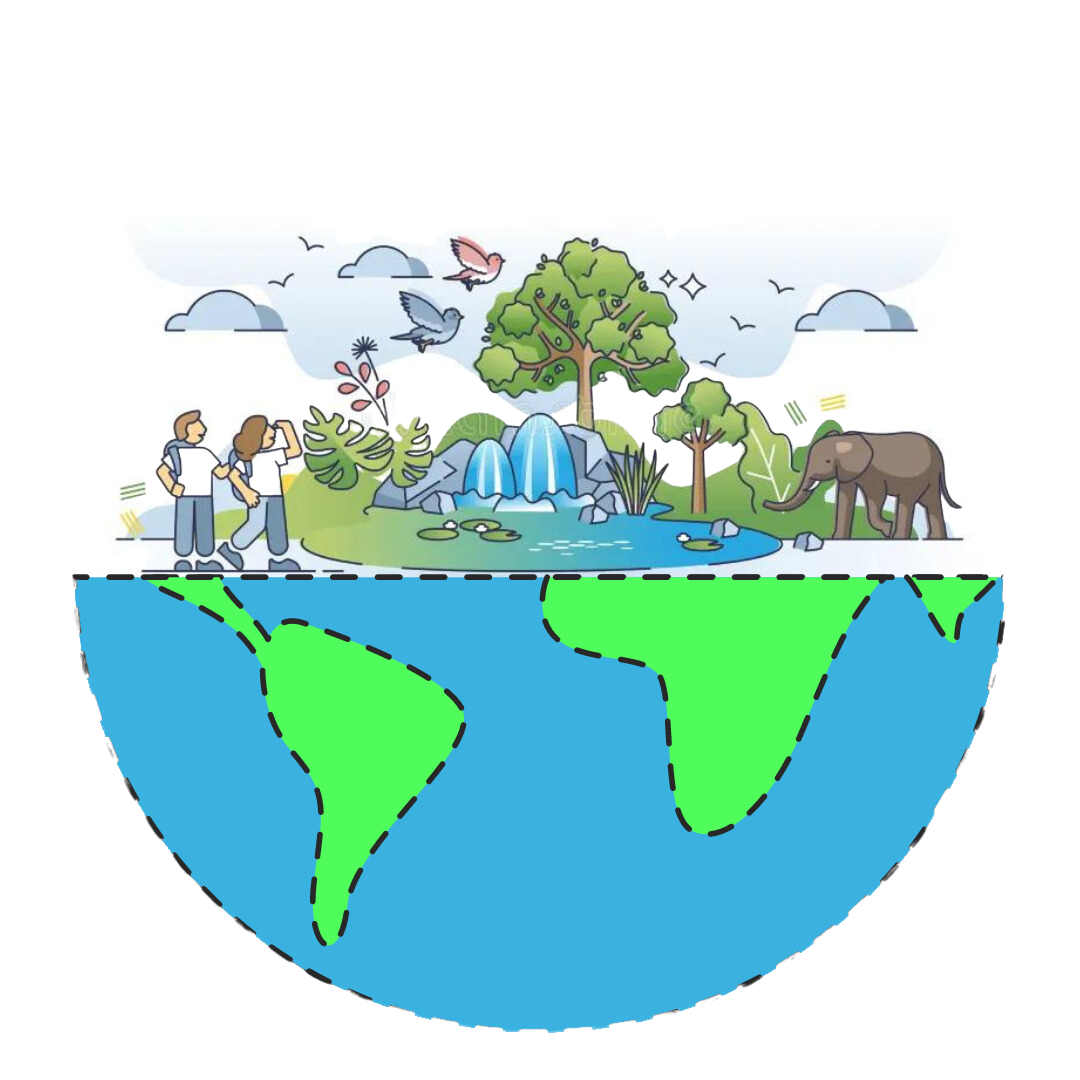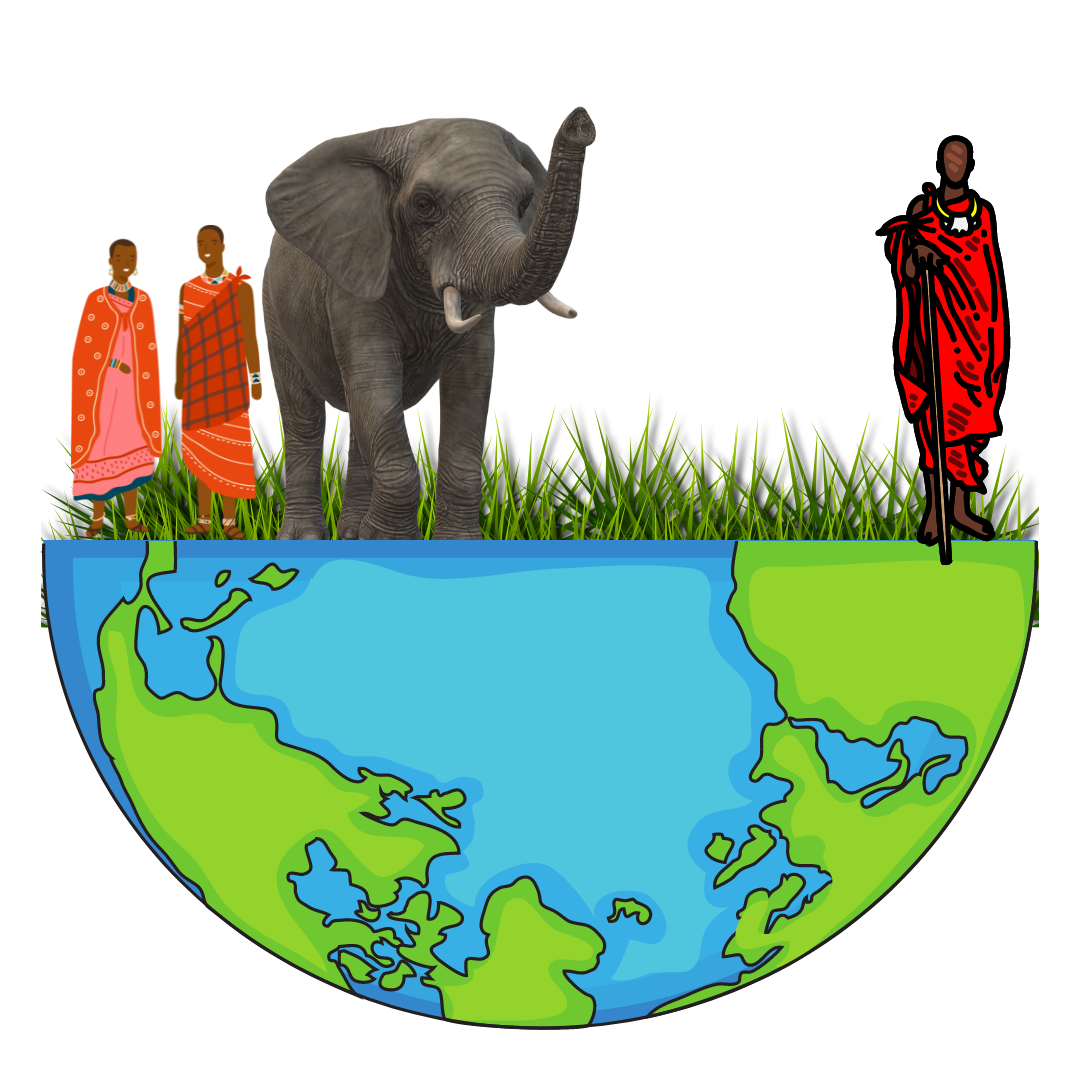Trunkloot Tanzania is dedicated to fostering peaceful coexistence between humans and elephants by implementing innovative conservation strategies, empowering local communities, and promoting environmental education. We are committed to protecting Tanzania’s wildlife and natural heritage, ensuring that both people and ecosystems thrive. Through collaborative efforts, we work to reduce human-wildlife conflicts and build a sustainable future where all species can coexist in harmony.
Our vision is a world where humans and wildlife live in harmony, with thriving ecosystems that support the well-being of all species. We envision Tanzania as a model for conservation, where communities and wildlife coexist peacefully, and where elephants and other species are protected and cherished for future generations. Trunkloot Tanzania aspires to create lasting positive change, preserving the beauty and biodiversity of our planet.
We are deeply committed to ensuring that future generations inherit a world where wildlife thrives. Elephants, as keystone species, play a crucial role in maintaining the health of ecosystems, and their survival is vital for the balance of nature. At Trunkloot Tanzania, we take this responsibility seriously, implementing effective conservation strategies that not only protect these magnificent creatures but also preserve the rich biodiversity of Tanzania. By safeguarding elephants and their habitats, we are working to ensure that the beauty and diversity of our natural world endure for generations to come.
Our mission is rooted in the belief that humans and wildlife can and must coexist. We understand that the well-being of communities is intricately linked to the health of the ecosystems they inhabit. Through education, community engagement, and practical solutions, Trunkloot Tanzania is actively working to reduce human-wildlife conflicts and foster a culture of coexistence. We believe that by promoting mutual respect and understanding, we can create a future where humans and wildlife live together in harmony, each playing their part in the delicate balance of nature.

Elephants play a crucial role in maintaining healthy ecosystems. As keystone species, they shape their environment by creating waterholes, dispersing seeds, and clearing vegetation, which supports a wide variety of other species. Protecting elephants helps preserve biodiversity and the overall health of the ecosystems they inhabit.

Elephants are a major attraction in wildlife tourism, which is a significant source of revenue for many African countries, including Tanzania. By conserving elephants, we not only protect these majestic creatures but also sustain livelihoods through ecotourism, benefiting local communities and national economies.

Elephants hold deep cultural and spiritual importance in many African societies, symbolizing strength, wisdom, and longevity. Conservation efforts help preserve these cultural connections, ensuring that future generations continue to experience and value the rich heritage associated with elephants and their role in human history.


